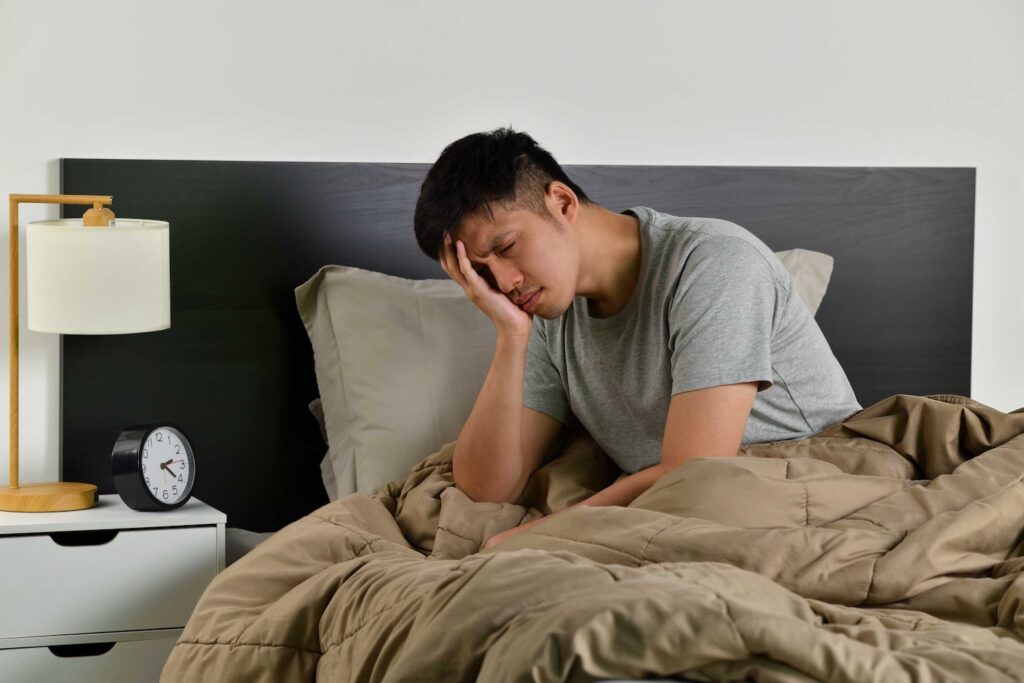Introduction
Cannabis has long been used as an aid to improve sleep, but recent studies have revealed that it may also be beneficial for treating specific types of sleep disorders. In this article, we will explore how cannabis can help treat some common sleep disorders such as insomnia and restless leg syndrome. We will also discuss potential side effects and safety considerations when using cannabis for treating these conditions.
Read on to learn more.
Types of Sleep Disorders
Sleep disorders are common problems that affect a significant percentage of the population worldwide. They can cause a range of symptoms, ranging from disturbances in the duration and quality of one’s sleep to disrupted daytime functioning.
Some of the most common types of sleep disorders include insomnia, sleep apnea, restless leg syndrome, and circadian rhythm disorders.
Insomnia is characterized by difficulty falling asleep or staying asleep, and it can be caused by a variety of factors, such as stress, anxiety, depression, or chronic pain. It can lead to daytime tiredness, irritability, and difficulty concentrating.
Sleep apnea, on the other hand, is a breathing disorder that causes interruptions in breathing during sleep. It can result in loud snoring, gasping or choking during the night, and daytime sleepiness. It can be caused by a range of factors, including obesity, smoking, or nasal congestion.
Restless leg syndrome is a neurological disorder that causes unpleasant sensations in the legs and an uncontrollable urge to move them. It can interfere with sleep and lead to daytime fatigue and irritability.
Finally, circadian rhythm disorders are disruptions in the body’s internal clock that regulate sleep and wakefulness. For example, jet lag, shift work, and delayed sleep phase syndrome are all types of circadian rhythm disorders that can affect sleep.
Understanding the different types of sleep disorders is important, as it can help individuals identify the underlying causes of their sleep problems and seek appropriate treatment. Treatment options for sleep disorders typically include lifestyle changes, such as maintaining a regular sleep schedule, improving sleep hygiene, and avoiding caffeine and alcohol before bedtime, as well as various forms of therapy and medication.
Can Cannabis Help Treat Sleep Disorders?
Cannabis can help treat sleep disorders by interacting with the endocannabinoid system in patients’ bodies, which regulates various physiological processes including sleep-wake cycles. The cannabinoids in cannabis, particularly delta-9-tetrahydrocannabinol (THC) and cannabidiol (CBD), have been found to have therapeutic effects on sleep disorders such as insomnia, sleep apnea, and restless leg syndrome.
THC is known for its sedative effects and can help individuals fall asleep faster and stay asleep longer. However, it can also cause disruptions in the sleep cycle, leading to reduced REM (Rapid Eye Movement) sleep and increased deep sleep. Therefore, it is important to find the right dosage to avoid these negative effects.
CBD, on the other hand, has been found to have wakefulness-promoting effects and can potentially eliminate daytime sleepiness in those with sleep apnea. It also has anxiolytic (anti-anxiety) effects, which can help individuals with anxiety-induced insomnia.
Conclusion
It is important to note that cannabis use for sleep disorders should be monitored and conducted under the guidance of a healthcare professional. Factors such as dosage, strain, and method of consumption can all affect the effectiveness and side effects of cannabis use for sleep disorders. Additionally, long-term use of cannabis for sleep disorders may lead to undesired dependence.
Be sure to consult a healthcare professional such as those at ReThink-Rx before using cannabis products to treat any kind of sleep disorder.

Dr. Nicholas Marsh has been a respected board-certified anesthesiologist in Northern Virginia for over 35 years. Recognized as a top doctor by FindaTopDoc.com, his vision for providing top-quality medical services is driven by his passion for patient comfort and dignity.

